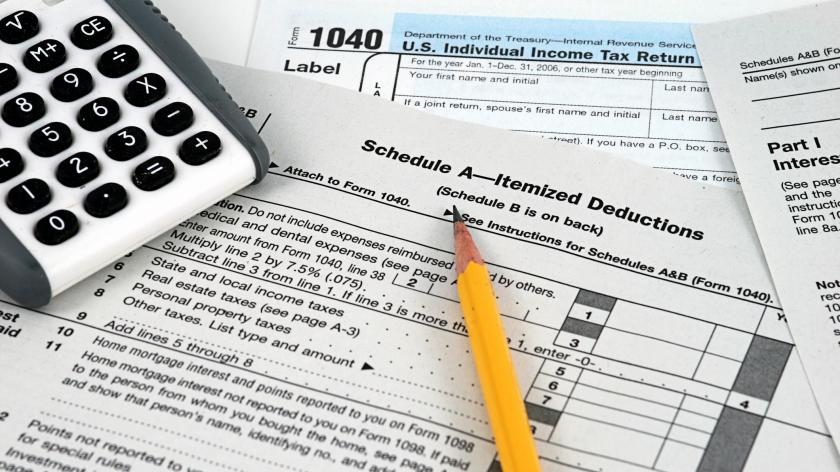
As the country emerges from the pandemic this summer, more people are going places, engaging in recreational activities and enjoying the great outdoors. This can lead to tax-saving opportunities for both individual taxpayers and small business owners. Accordingly, we have developed a six-part series devoted to tax strategies in the summer of 2021.
Taxpayers may soon benefit from a temporary tax law provision that doubles the usual 50 percent deduction for qualified business expenses for meals to 100 percent of the cost.
The fact is, people are back to dining out this summer as the pandemic abates in many parts of the country. However, when it comes to deductions for business meals, the Tax Cuts and Jobs Act (TCJA) had permanently eliminated deductions for business entertainment expenses after 2017, including related business meals. This may no longer be the case…
Background: Prior to the TCJA, taxpayers could in fact deduct 50 percent of business entertainment expenses that were “directly related to” or “associated with” their business. This included the cost of meals preceding or following a substantial business meeting—say, dinner at the golf club after a presentation to a potential client.
Similarly, they were able to deduct 50 percent of their meal expenses while traveling on business. For instance, if you were holed up a hotel for a few days working out a business deal and spent $500 on food and beverages, you could deduct $250.
Important point: Despite the TCJA crackdown on entertainment expense deductions, you may still deduct meal expenses while you’re away from home on business. Subsequent IRS guidance established that meals remain deductible if these requirements are met.
- The expense is an ordinary and necessary business expense paid or incurred during the tax year in carrying on any trade or business.
- The expense isn’t lavish or extravagant under the circumstances.
- The taxpayer, or an employee of the taxpayer, is present at the furnishing of the food or beverages.
- The food and beverages are provided to a current or potential business customer, client, consultant or similar business contact.
- In the event that food and beverages are provided during or at an entertainment activity, the food and beverages must be purchased separately from the entertainment or the cost must be stated separately from the cost of the entertainment on one or more bills.
Note that you must have a business purpose or some reasonable expectation that your business will benefit. For these purposes, the “cost” of food and beverages includes sales tax, delivery charges and tips.
Furthermore, recent IRS guidance clarifies that you can deduct food and beverage expenses paid separately from entertainment expenses. For example, if you take a client to a baseball game this summer and pay for food and beverages separate from the tickets or luxury box rental, the cost of the food and beverages is deductible.
Icing on the cake: Under the Consolidated Appropriations Act (CAA), your client’s business can deduct 100 percent of the cost of food and beverages provided by a restaurant. The CAA tax break applies to expenses paid or incurred in 2021 or 2022.
To qualify for this 100 percent deduction, the IRS says that the restaurant must prepare and sell food or beverages to retail customers for immediate consumption on or off the premises. Thus, it’s available for both on-site dining and take-out orders. But a “restaurant” doesn’t include places that primarily sell pre-packaged goods not intended for immediate consumption, like grocery or convenience stores.
Practical advice: Explain the prevailing rules for 2021 to your small business clients. They may be entitled to deduct more than they think.


